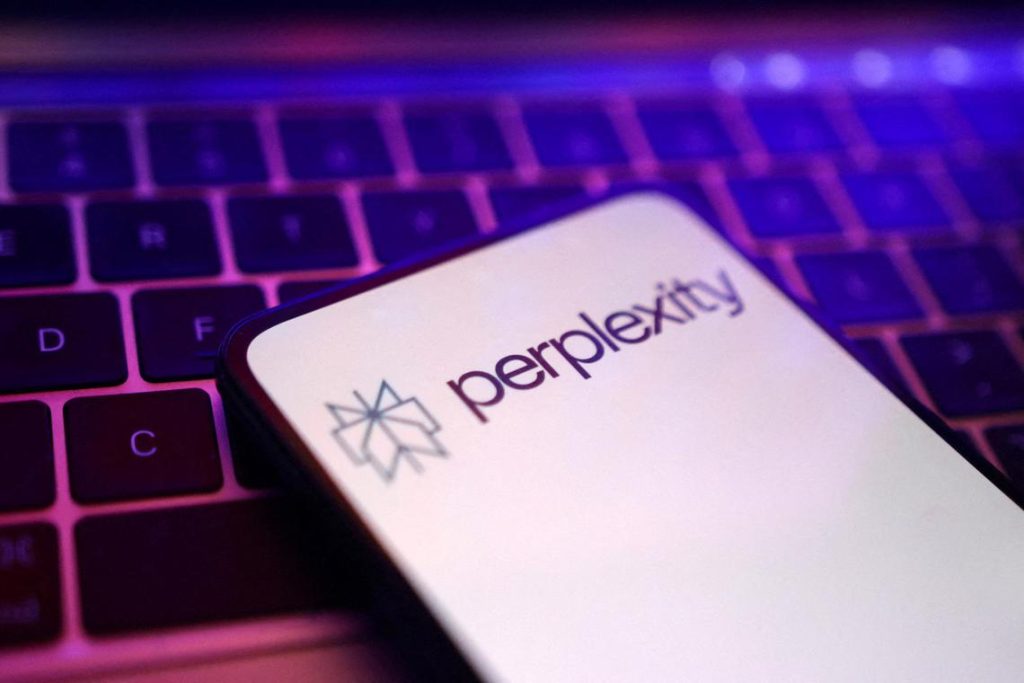Three Yomiuri Shimbun newspaper companies have filed a lawsuit against a US start-up that allegedly used a large number of Yomiuri Shimbun articles and images for a generative artificial intelligence (AI)-powered search engine without permission.
The Yomiuri Shimbun; The Yomiuri Shimbun, Osaka; and The Yomiuri Shimbun, Seibu, filed the lawsuit demanding that Perplexity AI stop using the newspaper’s articles and seeking damages of about 2.17 billion yen (S$18.9 million) in the Tokyo District Court on Aug 7. The three companies are under The Yomiuri Shimbun Holdings.
This is the first time a major Japanese media company has filed such a lawsuit, although several AI-related businesses in Europe and the US have been taken to court for the unauthorised use of copyrighted material by generative AI.
Established in 2022, Perplexity provides a search service that parses the latest online information to compile answers to questions typed in by users. A conventional search engine will display a list of websites related to the search terms entered by a user, but Perplexity pitches its service as an “answer engine” that summarises information gleaned online. This enables users to acquire information they want without looking through individual websites.
In its lawsuit, The Yomiuri Shimbun claims that Perplexity copied articles from the Yomiuri Shimbun Online (YOL) digital service and sent answers with content similar to these articles to its users. The Yomiuri Shimbun claims this violated the right of reproduction and the right to public transmission under the copyright law.
Perplexity allegedly acquired 119,467 Yomiuri articles without permission between February and June 2025, for the purpose of generating answers for its users. The Yomiuri Shimbun decided to seek damages of 16,500 yen per article, calculated based on a regular licensing fee.
The amount of compensation being sought could increase depending on the findings of a further investigation.
In addition, conventional search engines encourage users to visit the YOL service, which generates advertising revenue for The Yomiuri Shimbun. However, Perplexity’s service results in fewer online visits to the YOL.
The Yomiuri Shimbun claims that this is causing a drop in advertising revenue, which also constitutes an infringement of its business interests.
About 2,500 reporters are involved in news coverage for The Yomiuri Shimbun. Consequently, the newspaper believes Perplexity has been getting a “free ride” on the activities of a media organisation that devotes “great effort and expense” to creating news articles.
The Yomiuri Shimbun is also seeking compensation for lost advertising income.
In response to The Yomiuri Shimbun’s e-mailed request for comment, Perplexity sent a message that said: “We are deeply sorry for the misunderstanding this has caused in Japan. We are currently working hard to understand the nature of the claims. We take this very seriously, because Perplexity is committed to ensuring that publishers and journalists benefit from the new business models that will arise in the AI age.”
In October 2024, Dow Jones, a division of News Corp, filed a lawsuit together with another company alleging copyright infringement by Perplexity. That case is pending in federal district court in New York. Perplexity has rejected the claims in that case and insists that its search function is based on publicly available facts that are not protected by copyright laws.
The Yomiuri Shimbun Holdings’ Corporate Communications Department issued a statement that said: “Allowing a company to free ride on the results of our reporting would negatively affect our accurate news coverage backed by our research and could undermine the foundations of democracy.
“We hope this lawsuit will raise questions about rules on the rapidly spreading use of generative AI and how it should be used and applied.” THE JAPAN NEWS/ASIA NEWS NETWORK

